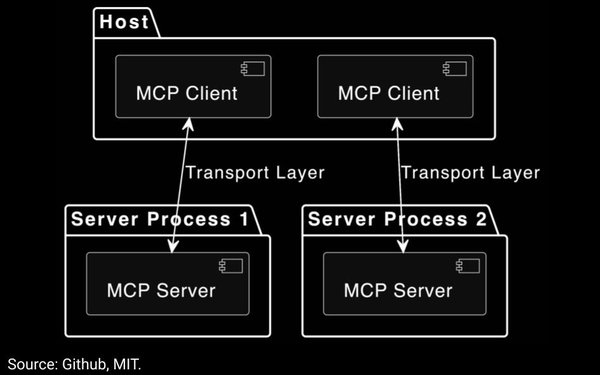
Rembrand, an AI content-creation platform focused on in-scene
media for video and television, plans to test a model context protocol (MCP) server that will interact with AI agents to generate ads. The MCP is part of the Advertising Context Protocol (AdCP) initiative.
The goal is for the protocol to generate the creative, recognize the media, and bring them together in one unified media buy.
The process on the MCP server is part of a test being done with
the AdCP initiative that links advertising platforms through one open interface, enabling natural-language interactions and automated workflows based on agentic technology.
advertisement
advertisement
The AdCP
protocol launched earlier in October.
Omar Tawakol, CEO and founder of Rembrand, said that his company -- which has been testing the AdCP agentic protocol -- will make the MCP server available
for public testing next week. Rembrand is part of the consortium for testing.
Tawakol also co-founded BlueKai and Voicea, which were acquired by Oracle and Cisco, respectively. He has
worked with artificial intelligence (AI) since his days at school, and did his Master’s thesis on multiagent collaboration in the mid 1990s.
"It's the start of a movement toward
generating agentic ads similar to the way media buying will become agentic," he said. "I don't think it will compete with programmatic, but find underserved areas in that media ecosystem where someone
feels like their content is special, but has not been treated fairly in the auction process."
As an example of the process, Tawakol pointed to The Trade Desk, which for years has allowed
advertisers to allocate a percentage of their programmatic media bids for data purchases. In June, the company introduced a similar service to generate the creative, enabling advertisers to use CPM
payments and have an AI company create ads.
“It’s embedded in the media buy,” he said, explaining that paying for the creative becomes part of the media buy -- a workflow
that he says will help agentic to flourish. Rembrand and Spaceback, which it recently acquired, were part of that integration.
Tawakol believes this process happens today in two ways, but will
expand in 2026. Some brands may want to take a human piece of generated content and augment it with AI, while small advertisers may want their ads created with “pure” generative AI,
untouched by humans.
The idea of agentic ad creation will not only impact paid advertising. Generative techniques will impact organic content, too, Tawakol said.